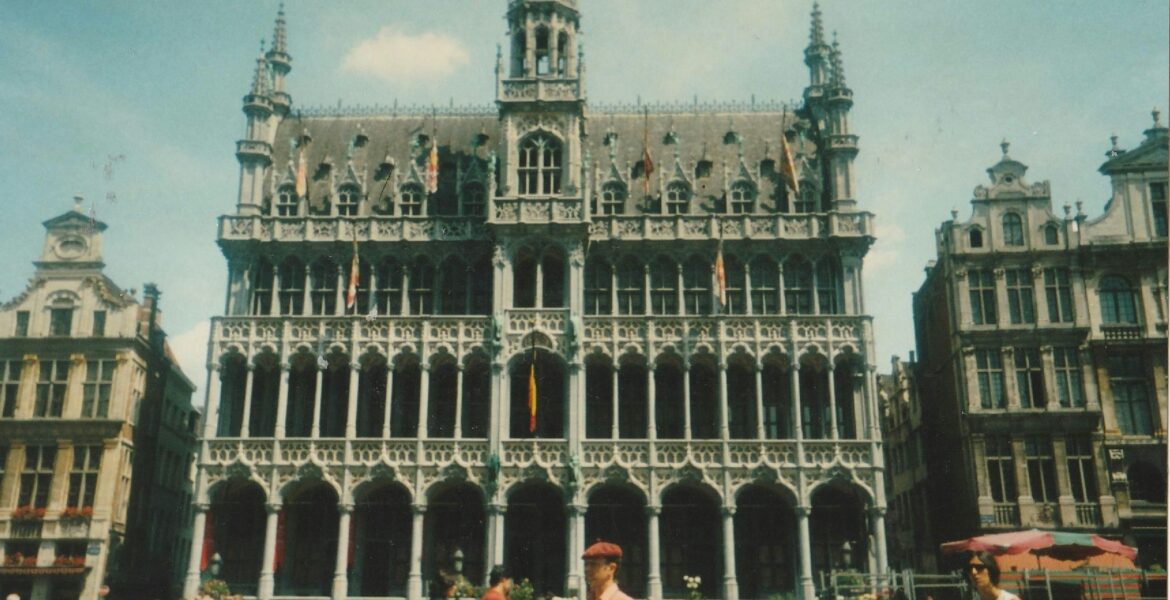Photo by Renee Van Wesep on Unsplash
Belgium will be targeting the teen vote in the upcoming Euro elections.
For the first time in the country, 16 and 17 year olds will be allowed to vote in the poll which runs from 6 to 9 June.
It is seen as an innovative move by and EU member state to engage young people in the electoral process.
Voters in Belgium will elect 22 MEPs, up from 21 in 2019.13 are from the Dutch speaking region, eight from the French and one from the German.
Speaking earlier this year, EU Commission vice president Margaritis Schinas said, “Young Europeans will become a wall of democracy” in the elections.
It is estimated some 270,000 teens in Belgium will be able to vote in the EU wide poll for the first time.
In the 2019 elections, 50.6 per cent of eligible citizens voted and the EU parliament wants to see as good, if not better, turnout again this time.
The general voting age in the EU is 18 but Belgium joins Malta, Austria, Greece and Germany in allowing those under 18 to vote.
Elsewhere, the Brussels Parliament recently passed a resolution about the voting rights of non-Belgians in the Brussels Capital Region.
Commenting, Alain Hutchinson, Brussels Commissioner for Europe and International Organisations, told this site that he hopes the next government, due to take effect after next week’s federal elections in Belgium, will implement them.
As the government’s Commissioner responsible for ‘international’ relations in the Region, he said, “I am delighted that our the Brussels Parliament has passed this resolution concerning the presence of non-Belgians in our Region.”
The resolution, he noted, addresses “two major democratic issues” facing “international Brusselers” who make up a third of the population of the Brussels-Capital Region: boosting their participation in local elections, where they already have the right to vote, and giving them the right to vote at regional level.
He said, “These non-Belgians are an essential part of our region’s society and workforce. It is clear that they want to have their say on the political decisions that affect their daily lives. They do have things to say and a point of view to express.”
Turning to October’s municipal elections, he said, “It is important that parliamentarians have acknowledged that the Region and its municipalities must do more to explain to non-Belgians how and why they should vote in municipal elections.”
“Indeed, turnout at local elections remains low, although the figures show a positive trend. I don’t think this reflects a lack of interest, but rather confusion and reluctance due to information that is often insufficient and late.”
“In the long term, I hope that the Region’s international communities will have the right to vote in regional elections. But this year, I urge them to make use of the vote they already have in the local elections.”




